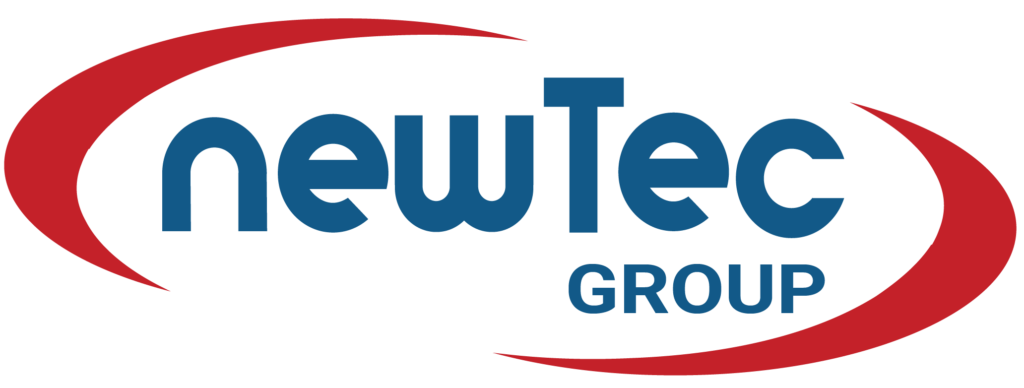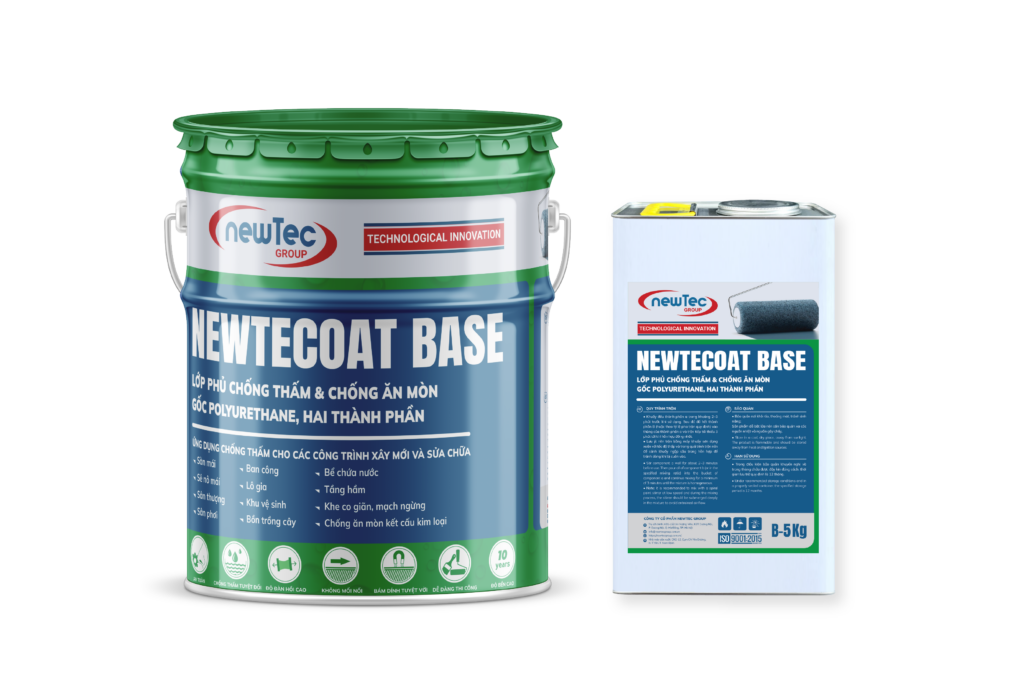Concrete is a versatile building material known for its high durability and widespread use. However, the nature of concrete is that it is a porous material with many small voids, which means that when the surface of concrete is exposed to moisture and temperature changes over time, it can lead to a decline in quality that directly affects the structure and many related elements of your project.
Creating a waterproof coating is the best solution to maintain the integrity and extend the lifespan of structures and concrete products. Typically, waterproofing concrete is a necessary measure in conditions with high humidity and direct water exposure, such as waterproofing foundations, basements, swimming pools, and roofs.
In the modern world, there are numerous technologies and materials available for waterproofing concrete, and the choice of the most suitable type depends on various factors affecting the operation of the structure, the desired outcomes, and the available budget. Among these options, POLYCOAT stands out by offering a solution with ultra-durable Polyurea coatings that comprehensively protect concrete, ensuring both longevity and performance in diverse environmental conditions.
Concrete waterproofing solutions
As we explore the remarkable applications of Polyurea for waterproofing concrete structures, it becomes clear that this innovative material not only enhances durability but also provides essential protection against the elements, making it an ideal choice for a wide range of construction projects. One such exceptional option is the waterproofing solution using Polycoat Polyurea material, which serves as a premium coating that is exceptionally durable due to its many outstanding properties.
Waterproofing flat roofs, terraces
The rooftop is subjected to the most extreme conditions of the building, with scientific factors such as ultraviolet rays, heat, acids, and alkalis accelerating the deterioration process. Additionally, phenomena like leaks and water infiltration can cause significant damage to the building’s structural framework. The durability of the structure relies on its ability to be reliably waterproofed.
The basic steps for the application process of Polycoat Polyurea waterproofing on rooftops:
1. Surface Preparation
The application of NEWTEC PU waterproofing coating for flat roofs and terraces can be performed on a variety of existing surfaces, including concrete, mortar beds, existing tile floors, and steel substrates. All surfaces must be thoroughly prepared, cleaned, and brought to the required moisture levels according to technical specifications before commencing the application process.
2. Primer Coat
In most cases, a primer coat is necessary to enhance the adhesion between Polycoat Polyurea and the substrate. This step improves the quality of the Polyurea coating. For steel substrates, direct spraying can be done before surface treatment.
3. Polycoat Polyurea Waterproofing Layer
Proceed with the application of the Polycoat Polyurea coating to protect the rooftop substrate.
4. Finish Layer
A high UV-resistant and abrasion-resistant finish coat can be applied last when waterproofing is exposed to the elements.
Note: In Cases of Tiling or Landscaping
For the Polyurea material, a textured spray or sand application can be used during the final layer to create a rough surface for better bonding with the upper finish layer. In the case of green roofs, after waterproofing, simply apply a finishing coat in exposed areas.

Before and After Images of the Polyurea Waterproofing Coating Application on the Roof
Waterproofing swimming pools
Polycoat Polyurea is an ultra-durable coating that forms a continuous, seamless membrane, curing rapidly in the air and offering excellent adhesion on various substrate types, which significantly shortens application time and allows for use within just 24 hours. Thanks to these exceptional qualities, the Polyurea coating system is widely utilized around the globe in swimming pools, reservoirs, water parks, hotels, resorts, and numerous water-related projects, showcasing a variety of features.

Actual construction images of the swimming pool waterproofing process at Vinhomes Ocean Park 2
Advantages
1. Highly elastic
- Polycoat Polyurea exhibits exceptional flexibility and rapid curing time (10-15 seconds), allowing it to adapt to various substrate types such as concrete, wood, and metal, regardless of shape.
- The system fully complies with standards, protecting and preserving 100% of the architecture.
2. Longevity
- Polycoat Polyurea is chemically resistant to substances like chlorine and saltwater, providing corrosion protection for structures. It is also UV-resistant and stable under high radiation, capable of withstanding significant mechanical impacts.
- It has excellent UV resistance.
- The lifespan exceeds 20 years for exposed applications and over 50 years when buried in soil or water.
- It is particularly well-suited for use as a waterproofing layer for swimming pools or water parks.
3. Fast construction time
- The rapid application capability significantly reduces downtime for maintenance and optimizes costs.
4. Safety in Use
- The Polyurea material, when applied through a mist mixing system, achieves the necessary texture.
- A slip-resistant finish option is available to ensure safety according to current regulations.
5. Aesthetic Appeal
- Color finishing options are available based on the topcoat layer.
Waterproofing foundations
The foundation is the cornerstone of any structural project, and the reliability of the entire building’s structure depends on its quality. However, the most significant factors affecting the lifespan and reliability of the foundation are the destructive impacts of moisture infiltration and temperature fluctuations. Most construction materials used in foundations, such as concrete and bricks, are porous and susceptible to water penetration. As a result, poor waterproofing quality in the foundation creates high humidity, leading to long-term mold growth that can ultimately compromise the entire structure.

Actual construction images
The most promising waterproofing systems are polyurea and polyurethane. They possess qualities such as high adhesion, durability, and the ability to maintain their technical properties despite changes in external environmental factors. When sprayed onto any surface, polyurea forms a durable and reliable waterproof coating without seams or joints.
Waterproofing road bridges
The Polycoat Polyurea waterproofing and protection system is an ideal solution for construction projects. It ensures that structures are safeguarded against the risk of damage from strong impacts, with rapid application that is efficient and cost-effective.

Images of Polyurea spray coating applied for waterproofing and corrosion protection on concrete bridge decks

Images of Polyurea spray coating applied for protecting metal bridge surfaces
Advantages:
- The waterproofing system fully complies with standards. It protects the structural support elements of the building.
- It provides complete and absolute protection for the construction.
- The application is flat after completion and durable in submerged water environments.
- Direct application to existing substrates: minimizes waste generation, contributing to the project’s sustainability.
- Faster installation: reduces labor time, optimizing costs.
- No additional weight on the existing structure (only ± 2.5-3 kg/m²).
- Cost reduction: no need for concrete coatings for protection.
- Resistant to high temperatures: the membrane does not collapse due to environmental factors.
Renovation and waterproofing of corrugated iron roofs
In the developing industrial landscape, factories and manufacturing plants are very common and particularly crucial structures. Worldwide, most factories and plants feature prefabricated steel frame structures with large-span metal roofs. Therefore, protecting industrial plant metal roofs from corrosion and leakage is of utmost importance.

Image of roof plan and after construction of Polyurea material
The advantages of steel-framed buildings with metal roofs are their lightweight nature, fast construction, cost-effective initial investment, and low maintenance expenses. Typically, metal roofs have a lifespan of around 20 years in natural environments. However, in coastal atmospheric conditions (with chloride content in sea air), near-shore projects, and especially in factories that emit corrosive gases such as SO2, H2S, CO2, and chlorides, the lifespan of metal roofs or steel structures is severely reduced. Metal roofs quickly corrode, leading to rust, holes, decay, leaks, or breakage within approximately 10-15 years of use, and in some cases, even earlier.
The process for treating corrosion and waterproofing metal roofs in factories includes the following steps:
- Survey to identify the causes and assess the extent of corrosion and leakage damage to the roof.
- Surface preparation using appropriate methods such as high-pressure washing, removing peeling coatings, and cleaning corroded areas with specialized equipment.
- Applying high-strength, ultra-elastic PUA adhesive to seal holes, screw heads, lap joints, and expansion joints on the metal roof.
- Using specialized spraying equipment to apply the multifunctional POLYCOAT POLYUREA (PUA) coating, ensuring complete coverage and adherence to the specified thickness across the entire roof.
- Quality and thickness inspection of the coating using specialized ultrasonic testing equipment.

Image of Newtec applying Polyurea coating to protect the roof of an industrial factory
In conclusion, the application of polyurea for waterproofing offers a multitude of benefits that set it apart from traditional methods. Its rapid curing time, exceptional durability, and seamless application make it an ideal choice for various projects, particularly in industrial and commercial settings. The versatility of polyurea allows it to effectively protect against moisture, corrosion, and harsh environmental conditions, ensuring long-lasting performance. By choosing polyurea, you not only invest in a reliable waterproofing solution but also enhance the overall integrity and longevity of your structures. Embracing this innovative technology will undoubtedly lead to superior protection and peace of mind for any construction project.
If you are seeking a reliable B2B partner for high-quality polyurea products, look no further than NewTec Group! Contact us today to discover our competitive wholesale pricing on polyurea products and elevate your projects with our exceptional polyurea solutions. Don’t miss the chance to enhance the quality and durability of your constructions!




You may also be interested in
Understanding What Polyurethane Foam When Burned Gives Off: Health Risks and Safety Precautions
Polyurethane foam is commonly used in many products, from furniture to insulation. However, when it
May
Exploring the Question: Is Polyurethane Durable Enough for Everyday Use?
Polyurethane is everywhere, from the cushions on your couch to the insulation in your walls.
May
Exploring the Truth: Is Polyurethane Eco Friendly in Today’s World?
Polyurethane is everywhere these days, from your furniture to your sneakers, but is polyurethane eco
May
Trusted Polyurea Manufacturer for Philippines Supporting Industrial and Construction Excellence
The polyurea market in the Philippines is poised for significant growth from 2025 to 2031,
May
The Role of a Reliable Polyurea Manufacturer for Malaysia in Enhancing Construction Quality
Polyurea coatings have become increasingly vital in Malaysia’s industrial and construction sectors due to their
May
Reliable Polyurea Manufacturer for Cambodia Supporting Industrial and Construction Growth
Polyurea coatings are increasingly recognized for their vital role in the industrial and construction sectors,
May
Meet the Leading Polyurea Manufacturer for Thailand Powering Industrial Applications
Polyurea coatings have become an essential solution in various industrial sectors due to their exceptional durability, rapid curing times, and resistance to
May
Exploring Polyurea Manufacturer & Custom Coating Options in Southeast Asia
Polyurea coatings have become a game-changer in the protective coatings industry due to their remarkable
May